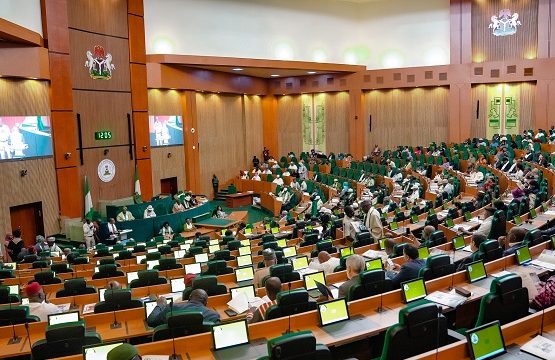The Governor of the Central Bank of Nigeria (CBN), Mr. Olayemi Cardoso, says that the country’s foreign reserves had exceeded $40 billion .
Foreign reserves play a vital role in maintaining economic stability, supporting monetary policy, and ensuring a country’s ability to participate in international trade and finance.
Governor Cardoso attributes the growth in the foreign reserves to the adoption of an electronic matching system to improve transparency in the market and the introduction of a foreign exchange code of ethics, which all Nigerian banks signed to ensure adherence to market rules.
He made the disclosure on the sideline of the just-concluded inaugural Conference on Emerging Markets Economies organized by the Ministry of Finance, Saudi Arabia, and the International Monetary Fund (IMF) Regional Office in Riyadh.
Cardoso acknowledged that Nigeria had faced significant economic challenges, including capital flow exits, multiple exchange rate regimes, currency depreciation, high inflation, and a backlog of foreign exchange transactions, which led to a loss of confidence in the country’s currency.
The CBN Governor cited reforms in the financial markets that addressed distortions in the Nigerian foreign exchange market, which had previously experienced a gap of up to 60% between the official and parallel market exchange rates.
He noted that due to consistent policy direction, improved market confidence, and enhanced transparency in forex trading, the gap has significantly narrowed to approximately 4-5%.
Importance of Foreign Reserves
Foreign reserves, also known as foreign exchange reserves, are a crucial component of a country’s economic stability and financial security.
Here are the key importance of foreign reserves:
1. Maintains Exchange Rate Stability: Foreign reserves help maintain a stable exchange rate by providing a buffer against fluctuations in the foreign exchange market.
2. Ensures Import Payments: Foreign reserves enable a country to pay for imports, ensuring a steady supply of essential goods and services.
3. Supports Monetary Policy: Central banks use foreign reserves to implement monetary policy, such as managing interest rates and regulating money supply.
4. Enhances Creditworthiness : Adequate foreign reserves can improve a country’s creditworthiness, making it easier to borrow from international lenders.
5. Provides liquidity : Foreign reserves serve as a liquidity buffer, allowing a country to meet its short-term foreign exchange obligations.
6. Supports Economic Growth: Foreign reserves can be used to support economic growth by providing financing for development projects and investments.
7. Reduces Vulnerability to External Shocks: Adequate foreign reserves can reduce a country’s vulnerability to external shocks, such as global economic downturns or trade wars.
8. Facilitates International Trade: Foreign reserves enable countries to participate in international trade by providing the necessary foreign exchange to settle trade transactions.
9. Supports National Security: In some cases, foreign reserves can be used to support national security by providing financing for defense-related expenditures.
10. Enhances Investor Confidence: Adequate foreign reserves can enhance investor confidence, attracting foreign investment and promoting economic growth.









